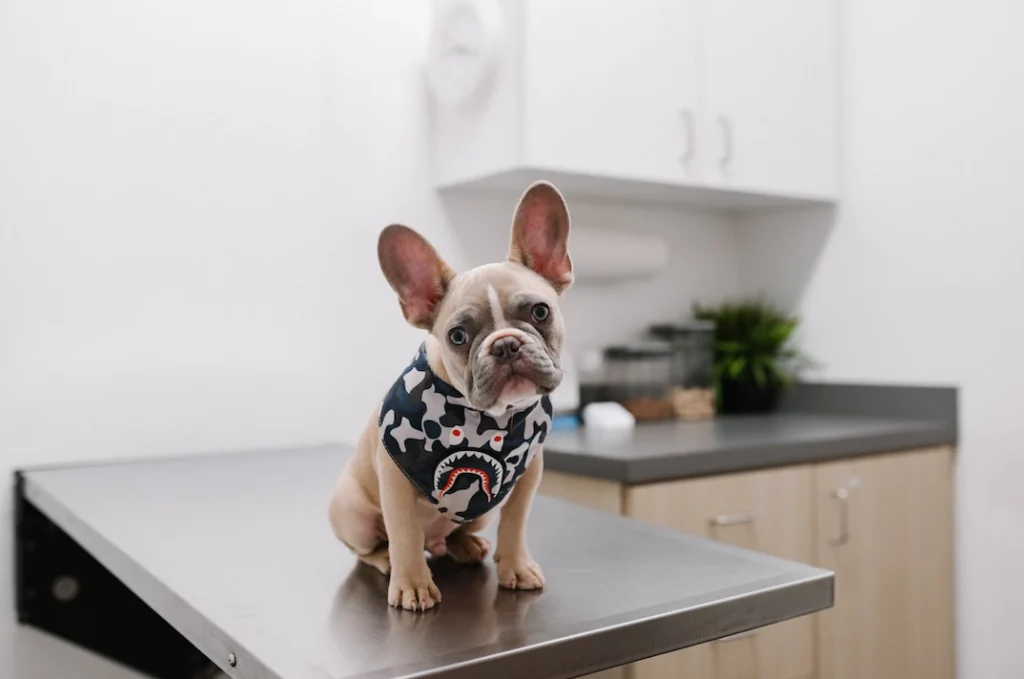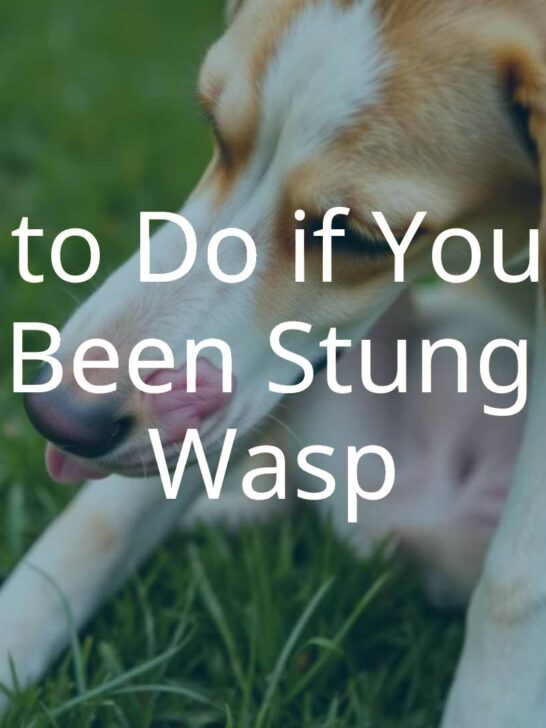Canine Eyes Health: Expert Tips for Dog Eye Care and Health
|
Prefer listening over reading? We got you covered!
Getting your Trinity Audio player ready...
|
As responsible pet owners, it is essential to prioritize the health and well-being of our canine companions. While we often focus on their physical exercise and nutrition, we must not overlook the importance of eye care for dogs. Just like humans, dogs can also experience various eye problems and infections. By taking proactive measures and following expert tips, we can ensure that our furry friends enjoy clear and bright eyes, contributing to their overall health and happiness.
Why is eye care important for dogs?
Preventing eye infections in dogs should be a top priority for every pet owner. Dogs are prone to eye issues such as conjunctivitis, corneal ulcers, and glaucoma. These issues can lead to discomfort and pain, affecting their overall quality of life. Additionally, some dog breeds are more susceptible to eye conditions, making regular care even more crucial.
Preventing eye infections
Eye infections in dogs can occur due to foreign objects, bacteria, viruses, or allergies. It is essential to keep your dog’s eyes clean and free from debris. Regularly wiping around the eyes using a damp cotton ball can help remove any mucus, gunk, or irritants that may accumulate. When wiping, make sure to start from the corner of the eye and move outward, being gentle to avoid causing any discomfort.
Identifying common eye problems in dogs
Recognizing the signs of common problems in dogs is crucial for early detection and treatment. Excessive tearing and discharge, cloudiness or redness in the eye, and constant scratching or rubbing of the eye are all indicators of potential issues. If you notice any of these signs, it is advisable to consult a veterinarian as soon as possible.
Consulting a veterinarian for dog eye care
A veterinarian specializing in ophthalmology can diagnose and treat various eye conditions in dogs. If you suspect that your dog may have an eye infection or any other eye-related problem, it is recommended to seek professional advice. A vet can perform a thorough examination, prescribe appropriate medications or recommend further treatments to ensure the optimal eye health of your beloved canine companion.
What are the signs of eye problems in dogs?
Dogs cannot communicate their discomfort verbally, so it is important for pet owners to be aware of the signs that may indicate eye issues.
Excessive tearing and discharge
If you notice that your dog’s eyes are constantly tearing and there is a significant amount of discharge, it could be a sign of an underlying eye inflammation or other issues. Excessive tearing can cause discomfort and may lead to further complications if left untreated.
Cloudiness or redness in the eye
Cloudiness or redness in the eye should not be ignored, as it can indicate inflammation, infection, or even cataracts. If you notice any changes in the appearance of your dog’s eyes, it is essential to consult a veterinarian for a proper diagnosis and treatment plan.
Scratching or rubbing of the eye
If your dog is constantly scratching or rubbing their eye, it may be a sign of irritation or discomfort. This behavior can further irritate the eye and potentially lead to more serious problems, such as corneal ulcers. It is crucial to address this issue promptly to prevent any complications.
How can I take care of my dog’s eyes at home?
While regular veterinary check-ups are essential for maintaining your dog’s eye health, there are also some simple steps you can take at home to ensure proper care.
Regularly wiping around the eyes
Gently wiping around your dog’s eyes using a damp cotton ball can help remove any debris, crust or eye boogers that may accumulate. This simple hygiene practice can prevent the build-up of irritants and reduce the risk of eye disease.
Using an eye wash recommended by the veterinarian
Your veterinarian may prescribe or recommend an eye wash specifically formulated for dogs. Using this eye wash as instructed can help maintain the cleanliness of the eye and prevent issues.
Checking for any debris or crust around the eye
It’s important to regularly check your dog’s eyes, especially if they spend time outdoors or enjoy car rides with their head out the window. If you see any debris or crust, gently clean it with a damp cotton ball. If it’s hard to remove or your dog seems uncomfortable, get help from a veterinarian.
Which dog breeds are prone to eye problems?
While any dog can develop some problems, certain breeds are more susceptible to specific issues due to their genetics or physical characteristics.
Brachycephalic breeds and their susceptibility to eye issues
Brachycephalic breeds, or short-nosed breeds, have a higher risk of eye issues due to their unique facial structure. Breeds such as Bulldogs, Pugs, and Boxers are often prone to issues like dry eye and corneal ulcers.

Common eye problems in pugs
Pugs, in particular, are known to be susceptible to a range of problems. They may experience issues such as corneal ulcers, eyelid abnormalities, and even progressive retinal atrophy. Regular care and veterinary check-ups are essential for pug owners.
Understanding the role of the third eyelid in certain breeds
Some dog breeds, such as Cocker Spaniels and Beagles, have a distinct third eyelid called the nictitating membrane. This is a normal part of their anatomy. However, if there’s an underlying eye problem, it might become more noticeable. To prevent potential problems linked to the third eyelid, it’s beneficial to groom the eye area regularly and maintain cleanliness.
When should I consult a veterinarian?
While regular home care is essential, there are certain situations where seeking professional veterinary assistance is necessary.

When there is a sudden change in eye color or appearance
If you notice a sudden change in your dog’s eye color or appearance, such as cloudiness, redness, or any other noticeable abnormality, it is crucial to consult a veterinarian. These changes could be indicators of underlying health issues that require immediate attention and treatment.
If your dog experiences persistent irritation or redness
If your dog’s eyes appear consistently red or if they display signs of irritation, such as excessive blinking or squinting, it is best to consult a veterinarian. Persistent redness and irritation in the eyes could be an indication of an infection, inflammation, or other underlying conditions that require professional treatment.
In cases of scratch or injury to the cornea
If your dog scratches their cornea or sustains any injury to the eye, seek immediate veterinary assistance. Corneal injuries can be painful and may lead to serious complications if not treated promptly and appropriately.
Keep in mind that taking care of your dog’s eyes is crucial for their overall health. Regular visits to the vet and consistent home care will keep your furry friend’s eyes clear and comfortable. Your attention to their eye health directly improves their happiness and quality of life.















